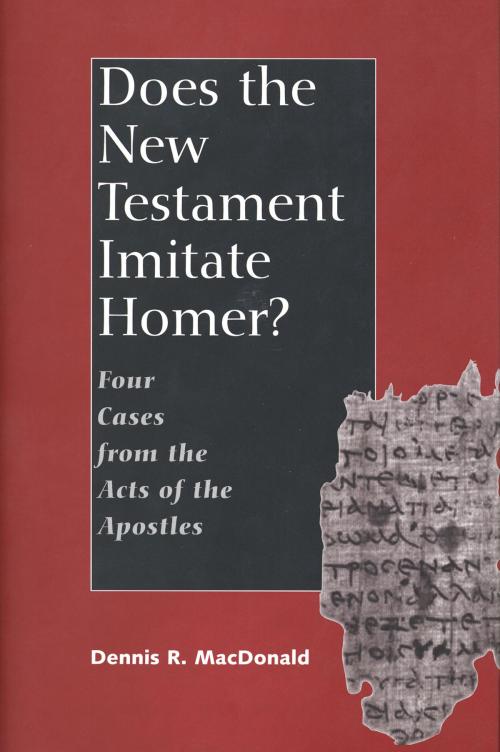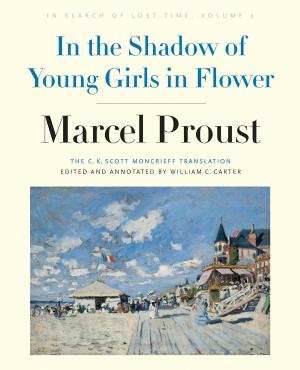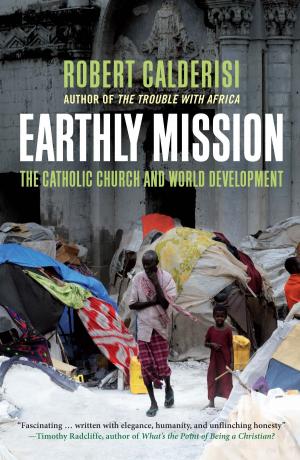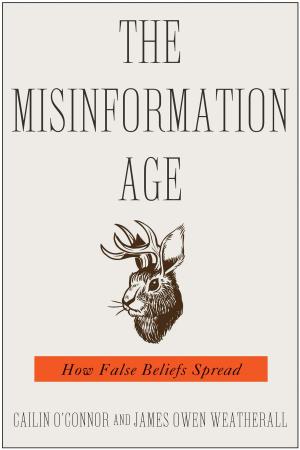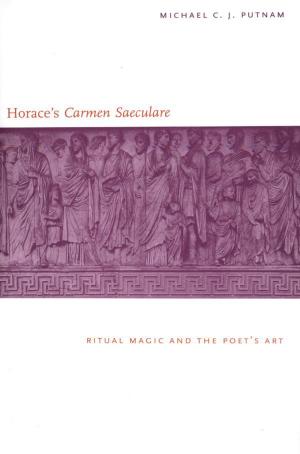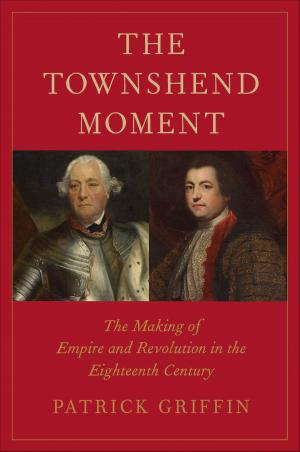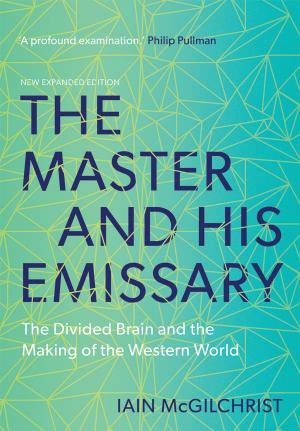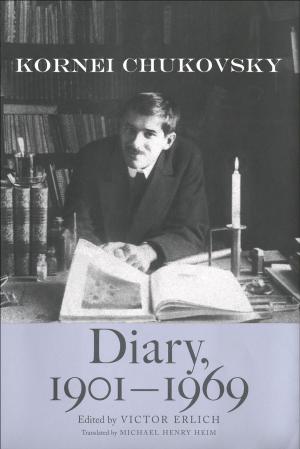In this provocative challenge to prevailing views of New Testament sources, Dennis R. MacDonald argues that the origins of passages in the book of Acts are to be found not in early Christian legends but in the epics of Homer. MacDonald focuses on four passages in the book of Acts, examines their potential parallels in the Iliad, and concludes that the author of Acts composed them using famous scenes in Homer’s work as a model.
Tracing the influence of passages from the Iliad on subsequent ancient literature, MacDonald shows how the story generated a vibrant, mimetic literary tradition long before Luke composed the Acts. Luke could have expected educated readers to recognize his transformation of these tales and to see that the Christian God and heroes were superior to Homeric gods and heroes. Building upon and extending the analytic methods of his earlier book, The Homeric Epics and the Gospel of Mark, MacDonald opens an original and promising appreciation not only of Acts but also of the composition of early Christian narrative in general.
